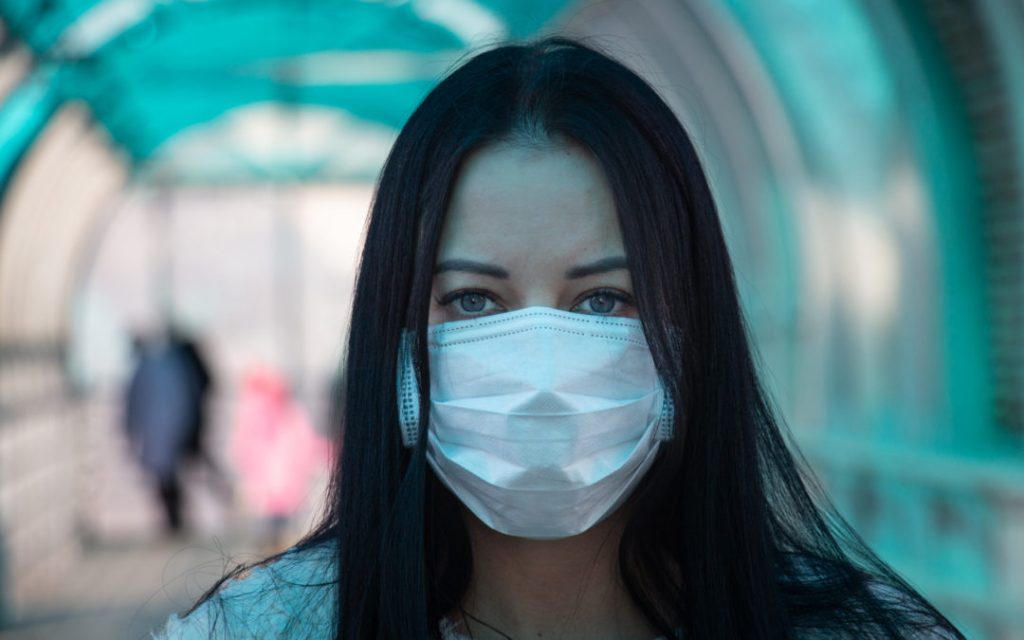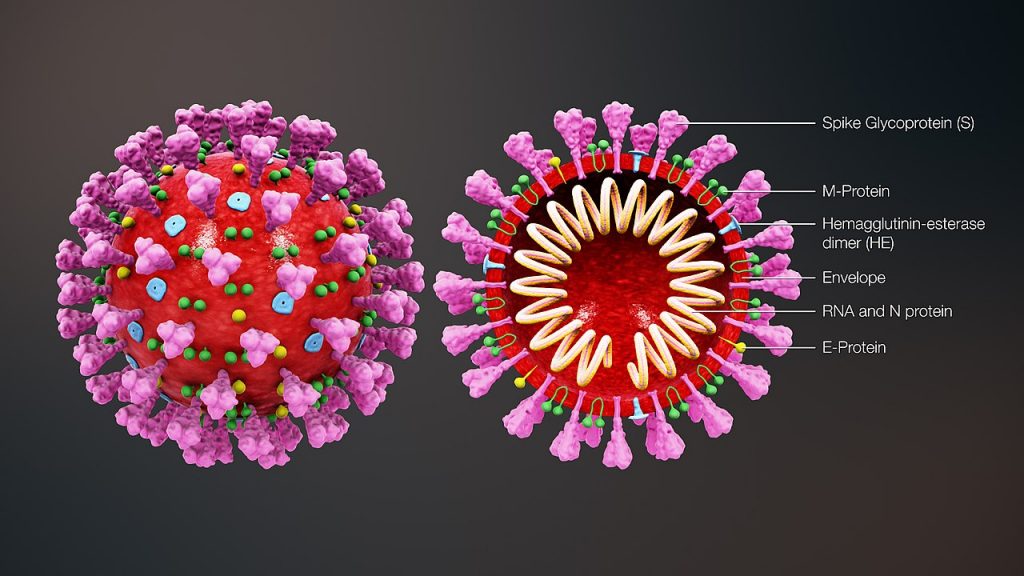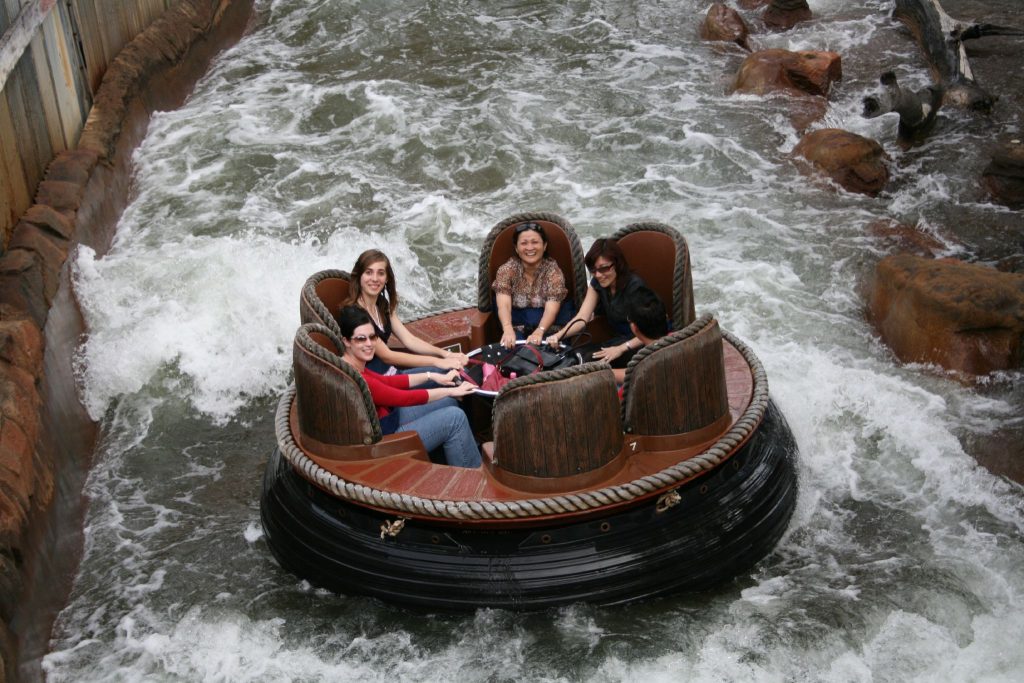Coronavirus / (COVID-19) Swimming Equipment Questions
Whether you own a pool, or are going to an aquatic center, its best to know all the best ways to protect yourself and loves ones from catching COVID-19. Here are some frequently asked questions on the topic.
How long can COVID-19 live on my clothing and things such as towels?
COVID-19 does not live on clothing as long as hard surface objects but it can still live for up to 2 days based on a recent study.
What is the best way to clean clothes and towels to protect against COVID-19?
Wash your clothing with some type of color safe bleach on the highest setting to help kill the virus. Plus make sure you dry your clothes completely in the dryer on the highest setting as well.
How long can COVID-19 survive on life-jackets, pool floats, plastic drinking cups, diving boards, plastic chairs, and beach balls?
On plastic related items COVID-19 can live up to 3 days.
How long can COVID-19 survive on metal chairs, metal hand rails, and metal stairs?
COVID-19 can survive up to 5 days on metal surfaces
How long can COVID-19 survive on glass bottles, glass rails, and glass straws?
COVID-19 can survive up to 5 days on glass surfaces
How long can COVID-19 survive on wooden chairs, wooden benches, and wooden cups?
COVID-19 can survive up to 4 days on wooden surfaces
What is the best way to clean plastic, metal, glass, and wooden surfaces from COVID-19?
Use soap and water first of all on these surfaces to clean them, then use a household spray or wipe to disinfect them completely. It is best to wear gloves while cleaning items, but if none are available wash your hands right away afterwards for at least 20 seconds. Also wearing a mask and eye protection while cleaning is recommended.
Sources – Hackensack Meridian Health– WEBMD




